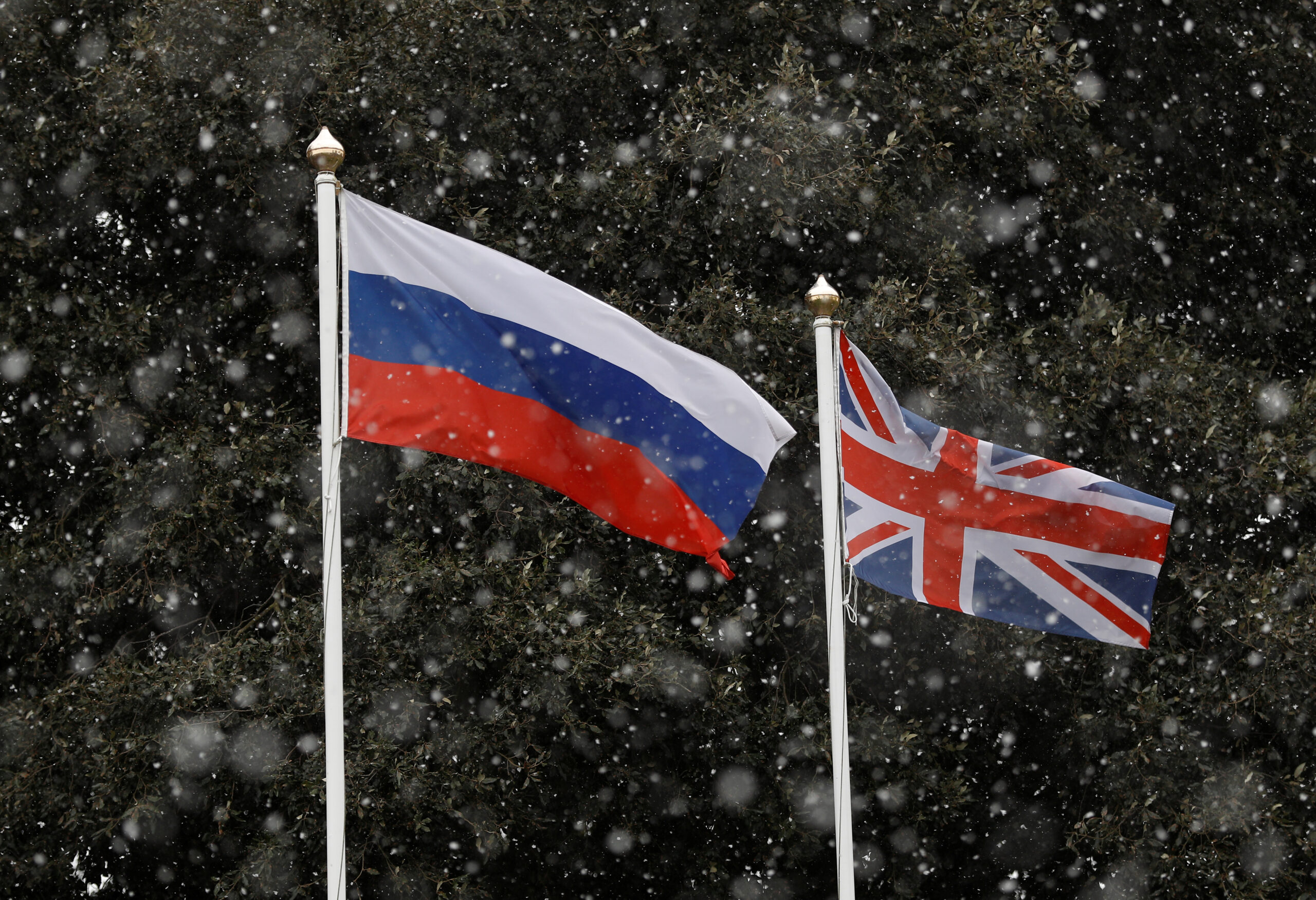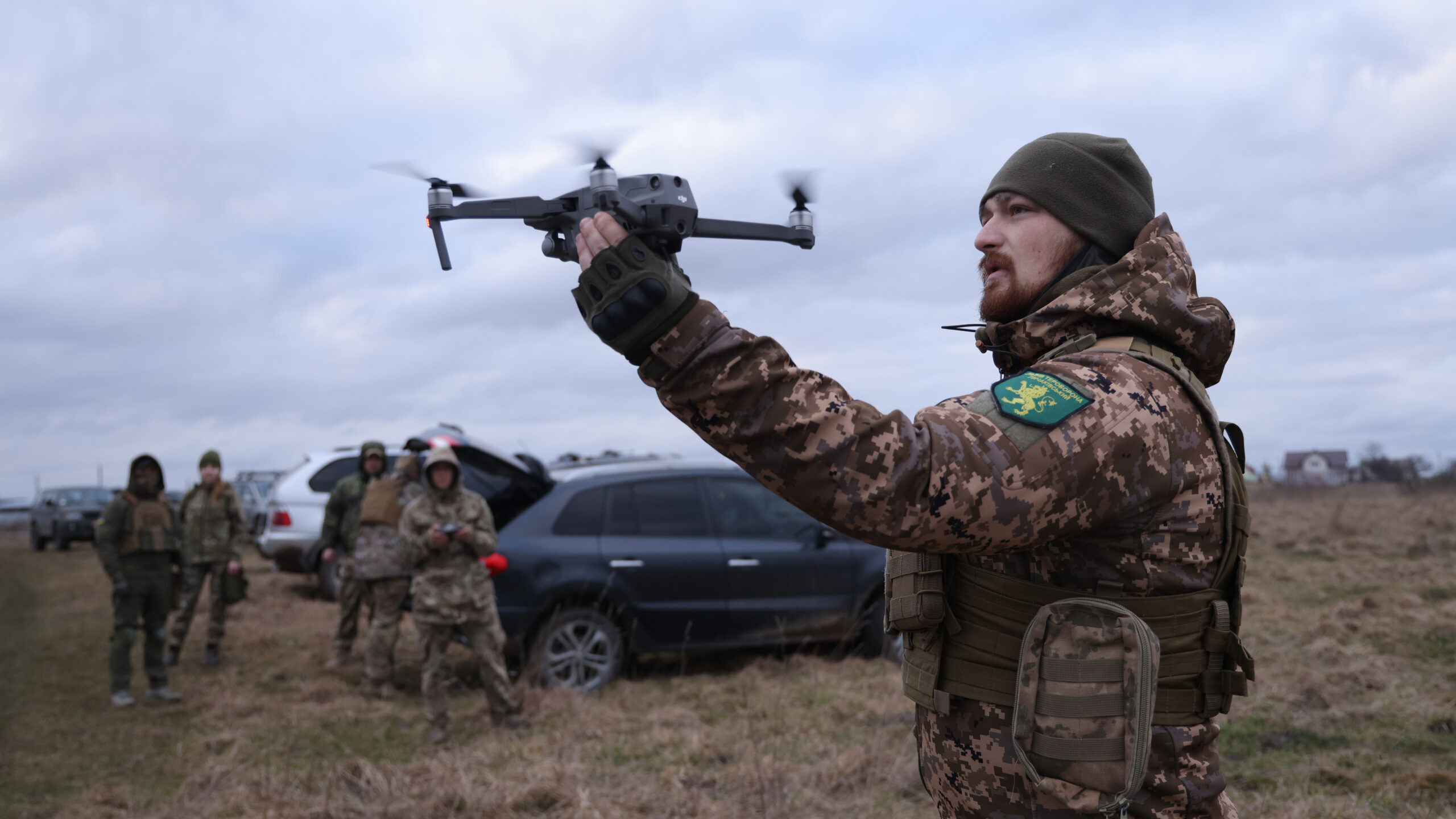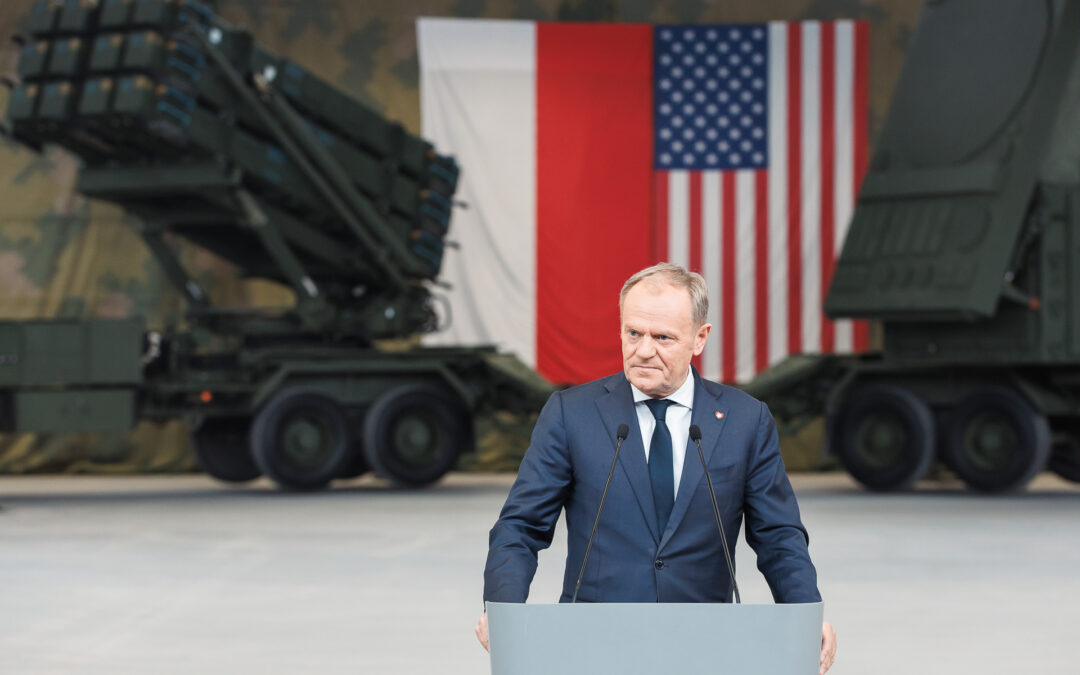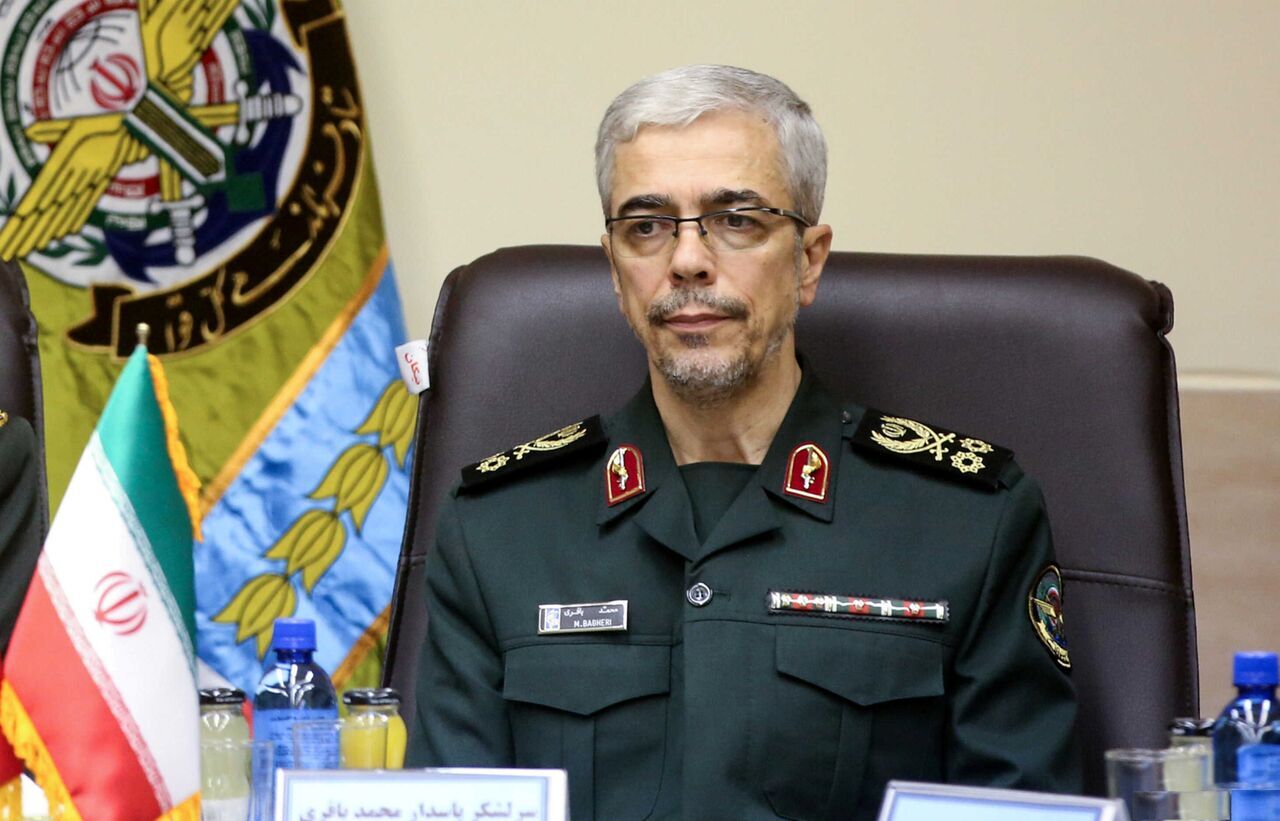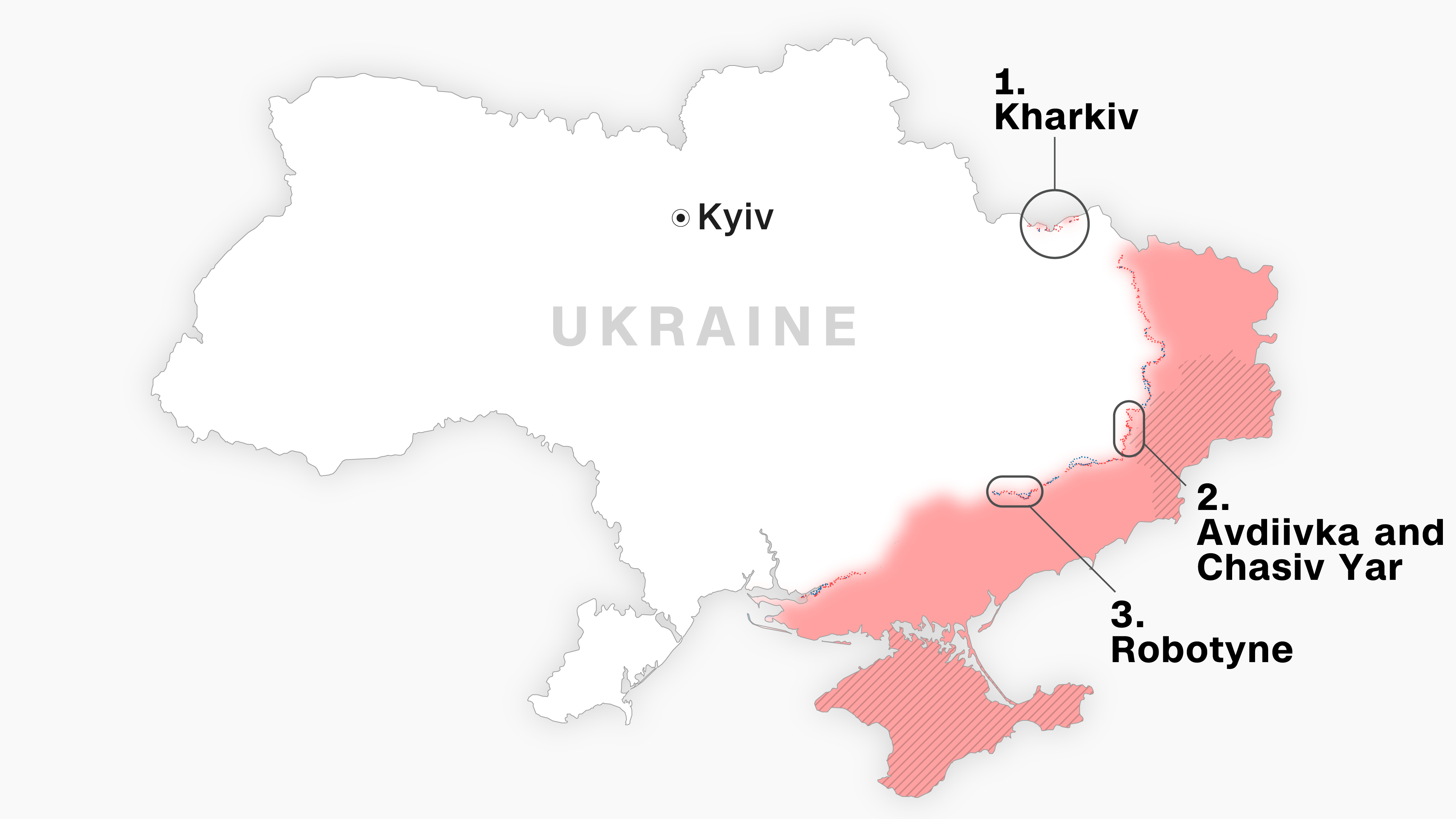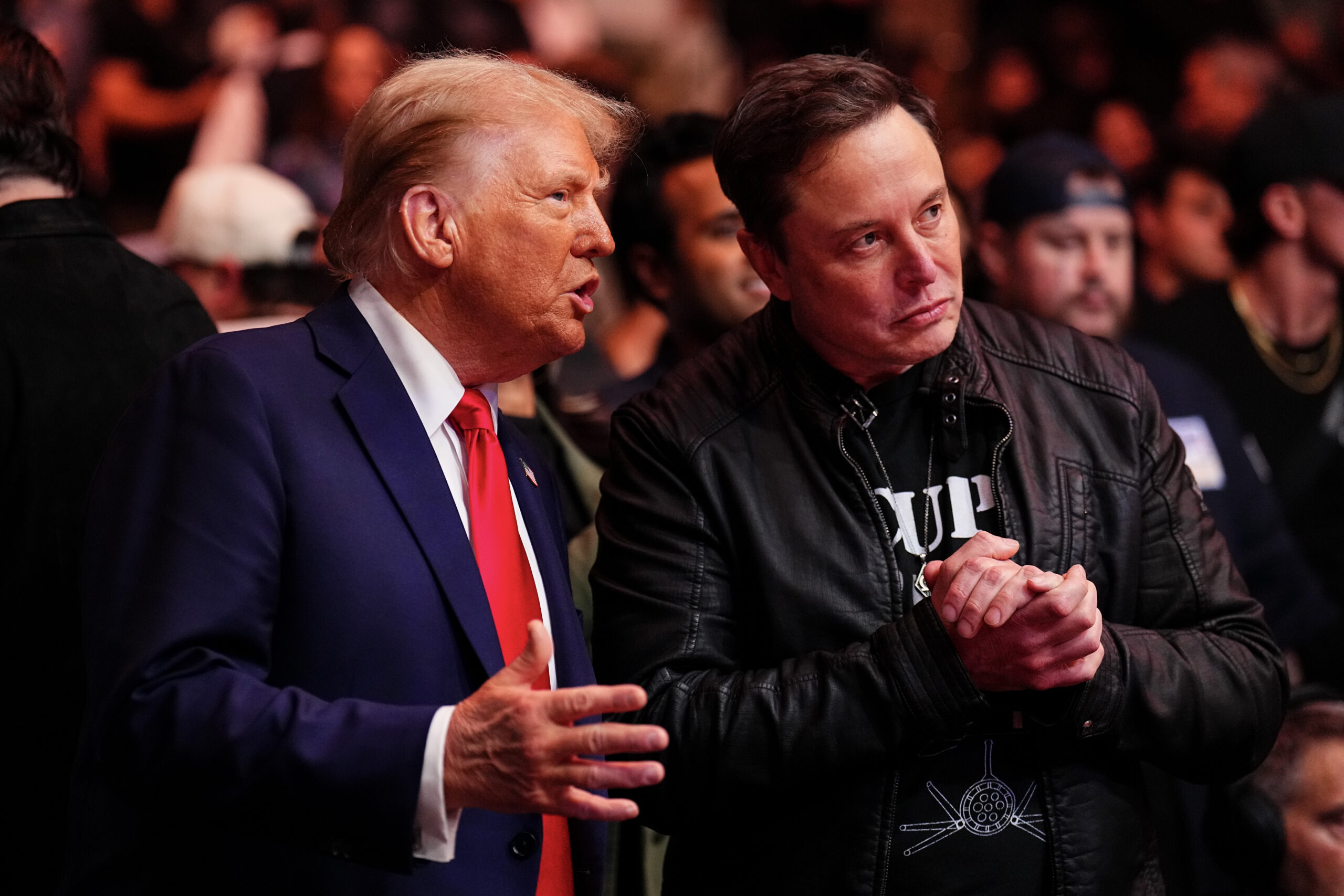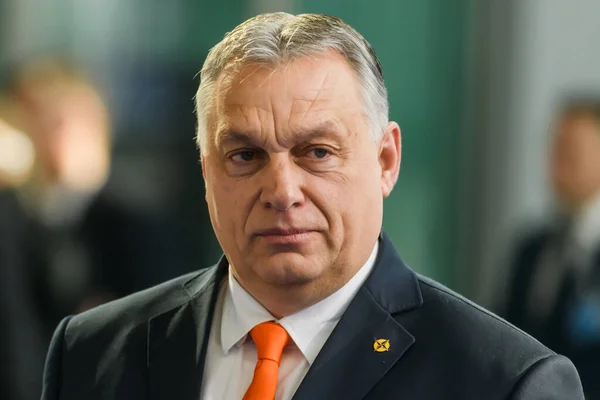Russian Espionage in Britain
A recent report by The Times has revealed that Russian intelligence has deployed sensors and surveillance equipment off the coast of Britain to monitor the movements of the British Navy’s Vanguard-class nuclear-powered submarines. This discovery underscores growing concerns about Russian espionage activities targeting critical military infrastructure in Western nations.
The placement of surveillance devices near British territorial waters suggests a sophisticated intelligence-gathering effort aimed at tracking the operational patterns of the Royal Navy’s nuclear deterrent. The Vanguard-class submarines, which carry the UK’s Trident nuclear missiles, are a key component of Britain’s national defense strategy. Any attempt to monitor or interfere with their movements raises significant security concerns.
Underwater surveillance tactics have become an integral part of modern intelligence operations, with Russia investing heavily in subsea capabilities. The use of sensors to track submarine activity aligns with broader trends in hybrid warfare, where nations employ unconventional methods to gain strategic advantages without direct military confrontation.
In addition to underwater monitoring, reports indicate that even before the war in Ukraine, Russian intelligence had installed surveillance sensors on the luxury yachts of Russian billionaires stationed in Britain. These devices were allegedly used to gather intelligence on British naval movements, highlighting the use of civilian assets for espionage purposes.
This revelation raises concerns about the extent of Russian intelligence penetration into Western commercial and private sectors. The deployment of surveillance equipment on luxury vessels suggests a calculated effort to exploit non-military assets for intelligence gathering, allowing for discreet monitoring without arousing immediate suspicion.
The exposure of Russian surveillance operations in British waters comes at a time of heightened tensions between Moscow and NATO. With the ongoing war in Ukraine and increasing fears of hybrid warfare, Western nations are on high alert for intelligence activities that could compromise national security.
Britain’s response to these findings will likely involve increased counter-surveillance measures, stricter monitoring of foreign-owned assets, and enhanced naval security protocols. The discovery also reinforces the need for NATO allies to strengthen their collective intelligence-sharing and counter-espionage efforts to mitigate threats from hostile state actors.

